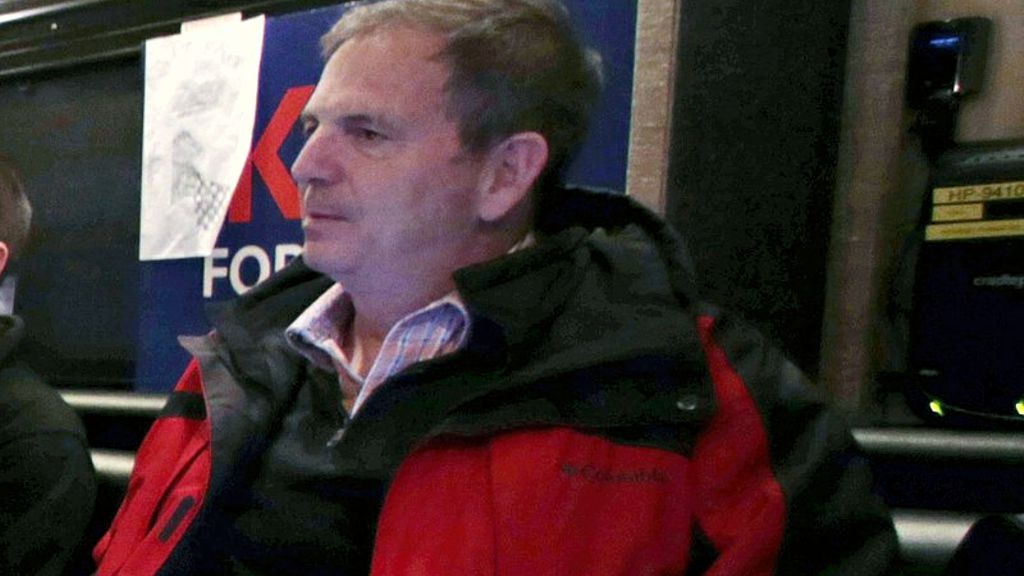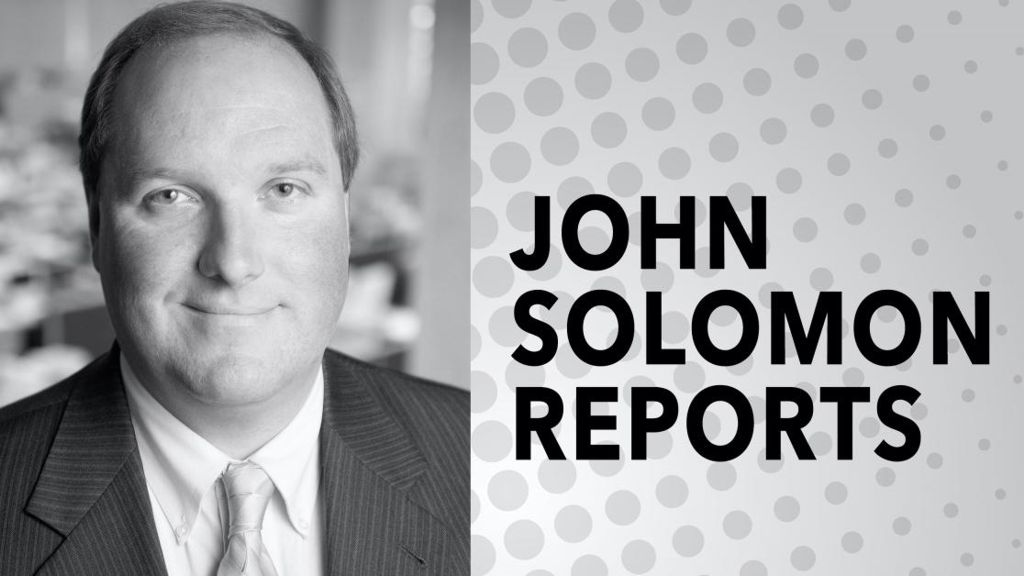WASHINGTON (AP) — Last June, the Lincoln Project was on a high.
Led by several prominent former Republican consultants, its slickly produced ads attacking President Donald Trump made it perhaps the best known of the so-called Never Trump organizations. The group tried to claim a higher moral ground in an effort to purge Trump from the GOP. Money flowed in by the tens of millions of dollars from donors eager to help.
But within the organization, a grave threat was emerging.
In June 2020, members of the organization’s leadership were informed in writing and in subsequent phone calls of at least 10 specific allegations of harassment against co-founder John Weaver, including two involving Lincoln Project employees, according to multiple people with direct knowledge of the situation. The email and phone calls raise questions about the Lincoln Project’s statement last month that it was “shocked” when accusations surfaced publicly this year. It’s also the first known suggestion that Weaver targeted a Lincoln Project staffer.
Despite the early warning, the group took no action against Weaver and pressed forward with its high-profile work. For the collection of GOP consultants and former officials, being anti-Trump was becoming very good for business. Of the $90 million Lincoln Project has raised, more than $50 million has gone to firms controlled by the group’s leaders.
There is no evidence that the Lincoln Project buried the allegations against Weaver for business reasons. But taken together, the harassment allegations and new revelations about spending practices raise significant questions about the management of one of the highest-profile antagonists of Trump. The revelations threaten the stature of not just the Lincoln Project but the broader coalition of establishment-oriented Republican groups hoping to pool their resources to excise Trump from the party.
Lincoln Project co-founder Steve Schmidt insisted that he and the rest of the group’s leadership were not aware of any internal allegations of wrongdoing involving Weaver.
By Steve Peoples and Brian Slodysko








